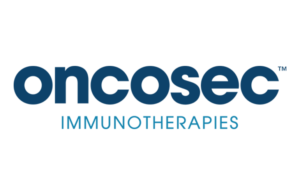 The International Journal of Surgery Case Reports has published a case study on the use of the humanized antibody Keytruda (pembrolizumab) and tavokinogene telseplasmid (TAVO) from OncoSec (NSDQ:ONCS) for treating metastatic melanoma.
The International Journal of Surgery Case Reports has published a case study on the use of the humanized antibody Keytruda (pembrolizumab) and tavokinogene telseplasmid (TAVO) from OncoSec (NSDQ:ONCS) for treating metastatic melanoma.
The study involved a patient with stage IIB, pT3b melanoma who initially underwent tumor resection but experienced regional recurrence and later disease progression in the skin, brain, liver and lymph nodes.
The patient also had rheumatoid arthritis.
Physicians treated the patient’s subcutaneous and in-transit lesions with TAVO and intravenous pembrolizumab. TAVO is directly injected into the tumor using electroporation. All of the lesions treated with the method resolved. The patient’s brain and lung tumors also regressed, and lymph node disease in the chest and lungs was also resolved while brain metastasis was stable.
The study authors concluded that the therapy led to a whole-body response. They also determined that the combination of pembrolizumab and tavokinogene telseplasmid is a promising therapy for metastatic melanoma that resists treatment with immune checkpoint inhibitors.
The patient received the therapy as part of OncoSec’s expanded access program. “This is yet another example of the cruciality of robust expanded access programs, as they provide hope to patients who often do not meet the stringent inclusion clinical trial requirements,” said Dr. James Nitzkorski of Vassar Brothers Medical Center in prepared remarks.

